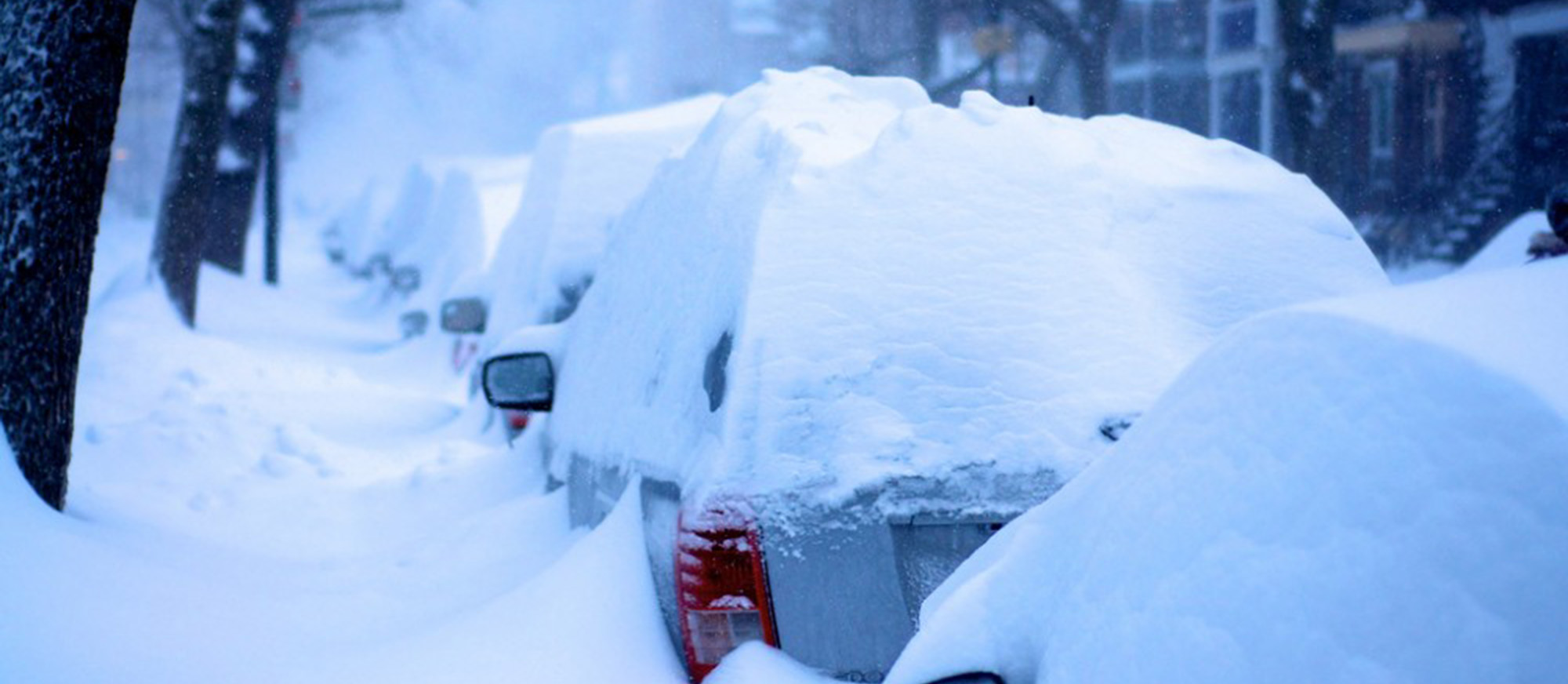
Depending on severity, winter storms can be very dangerous to you, your family, and your home. Snow, sleet, ice, strong winds, and extremely low temperatures during a New Jersey winter storm can severely impact your property. It is important to take some time to prepare yourself, your family, and your home to minimize damages and optimize safety. You need to take the right precautions and review some winter storm home safety tips so that you will be ready for the storm to come.
Winter Storm Home Safety Tips
The following winter storm home safety tips will prepare you for the storm to come and guide you through the days following.
- Maintain heating equipment: Make it a routine to have your furnace, wood stove, or fire place inspected and cleaned every year. Taking time to make sure that all your heating equipment are working properly will go a long way in optimizing efficiency and avoiding unwanted damage.
- Insulate your home: Prepare your home for the winter months by installing storm windows and shutters. Consider insultating your attic and walls to keep the cold air out. Caulk and weatherstrip doors and windows or cover windows with plastic from the inside.
- Make it a habit to complete regular winter maintenance checks around your New Jersey home to prevent water damage during the winter season.
- Prepare your pipes:
- Insulate your pipes to prevent them from freezing, rupturing, and causing major water damage in your NJ home.
- If you plan on going away during the winter, DO NOT turn your heat completely off. You should lower your thermostat to around 55°F. This will reduce your energy costs, but it will stay warm enough to prevent your pipes from freezing.
- If you have trips planned during the winter, you should set aside some time to prepare your home for your absence and avoid water damage during winter vacations.
- Know where the main shut off valve is for your water lines. You will need to shut off your water supply if your pipe freeze and burst.
- Emergency Disaster Kits:
- Put together an emergency disaster kit, or replenish an existing kit. Be sure to include some of the basics: first aid supplies, flashlight, extra batteries, enough water and non-perishable food for at least 3 days, cash, whistle to signal for help, battery-powered radio, and local maps.
- For winter months, supplement your regular emergency kits with: rock salt, sand, snow shovels, heating fuel, wood for fireplace or wood-burning stove, and warm clothing and blankets.
- Make sure it is readily accessible and easy to transport in case of emergency evacuation.
- Disaster Preparedness Plans:
- Alternative heating methods- plan ways to heat your home in case the power goes out.
- Review evacuation plans. In case of evacuation, plan ahead: know where the group is to meet, know all main routes and alternate routes, set timelines for evacuation, plan what to take with you, and always be prepared to deviate from plan if other hazards arise unexpectedly.
- Review communication plans. Go over how your group plans on communicating with others or if you’re separated. Especially if there is a power outage, regular communication will be vital in an emergency. Set up check-in timelines via text, call, email, social media, carrier pigeon, smoke signals, or whatever is accessible.
- Once the winter storm passes, make sure to check in on family and friends to make sure everyone is safe, and alert the authorities if someone is in suspected danger following the storm.
- Be prepared your vehicle: You should minimize travel during a winter storm, but if traveling is absolutely necessary, prepare your vehicle in advance.
- Winterize your car- Make sure that your car is prepared to handle severe winter weather.
- Complete all regular vehicle maintenance: check heater system, refresh coolant, check and replace windshield wipers, make sure the battery is in good condition, change your oil, replenish antifreeze, and check your tires.
- Make sure your gas tank is at least half full at all times, it will help to keep your fuel line from freezing up. Fill your tank before parking it for a lengthy period of time.
- Keep an addition emergency disaster kit in your car. Be sure to include: a flashlight, blanket(s), snow/ice scraper, and sand or salt.
- Winterize your car- Make sure that your car is prepared to handle severe winter weather.
- Stay updated: Turn on your T.V or radio in order to get the latest weather updates and emergency instructions. Pay attention to emergency alerts so you are constantly prepared.
Do not put yourself and your family at risk. Take some time to review these winter storm home safety tips at the start of every winter season. If there is winter warning alert in your area, take precautions immediately. Remain indoors whenever possible and exercise caution if you and your family need to travel for any reason.
Recovering From a Winter Storm
If a pipe ruptures as consequence of a New Jersey winter storm, you may need professional water restoration and structural drying in NJ. It only takes 24-48 hours for mold to develop in the presence of a major leak. If you are concerned that a ruptured pipe has contributed to major mold development. You may need to contact a professional NJ mold removal company. A certified NJ mold inspection will help to determine the full extent of your water damage and potential mold development.


